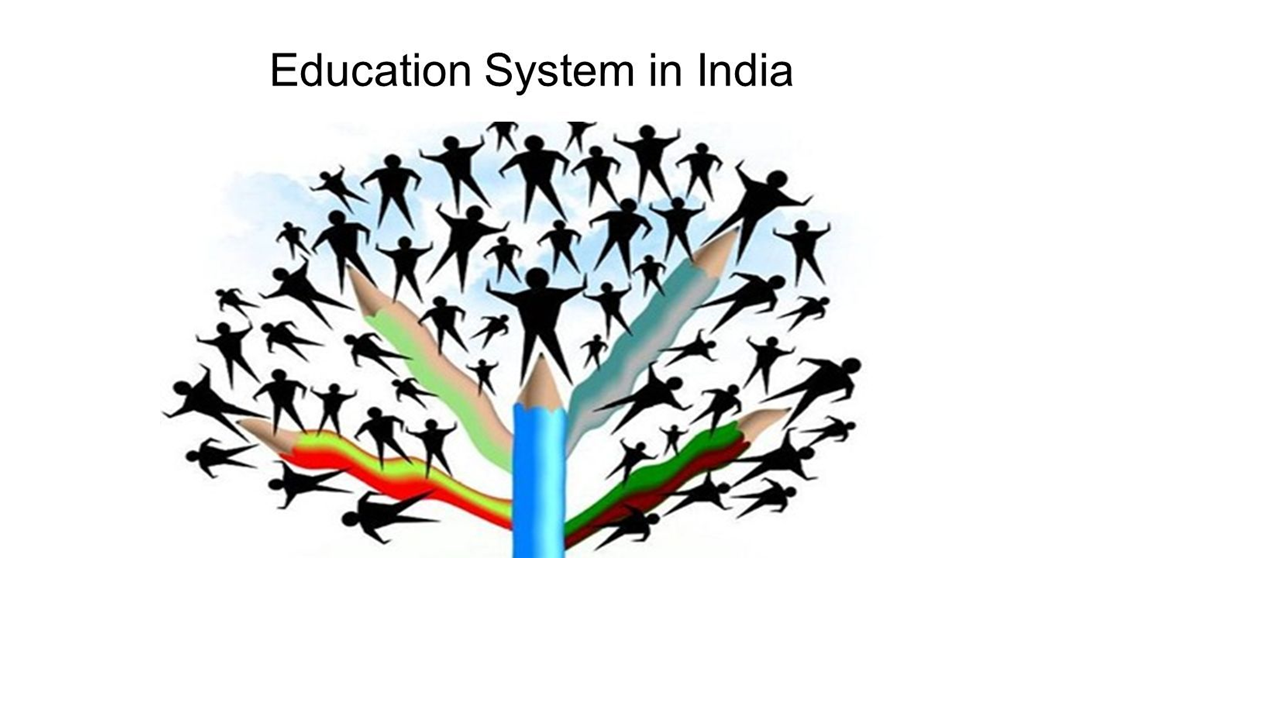How do Leaders stress out their employees?
 Lot of scientific research have shown that employee stress and anxiety are pivotal problems at work. This leads to deficits in employee morale, health issues and performance. Anxiety is caused due to lot of issues which might include unrelated personal issues and problems at workplace specifically incompetent leadership. The leaders and the managers have direct impact on the stress and anxiety level of their employees.
Lot of scientific research have shown that employee stress and anxiety are pivotal problems at work. This leads to deficits in employee morale, health issues and performance. Anxiety is caused due to lot of issues which might include unrelated personal issues and problems at workplace specifically incompetent leadership. The leaders and the managers have direct impact on the stress and anxiety level of their employees.
Their conduct directly impacts the emotional and anxiety well being of their teams. If it is positive then it is amazing but if negative then that leads to direct impact on the performance. At times, the leaders are so self-centred that they bother only work and least bothered about the issues prevalent in their teams due to their stupid behaviour. Such Leaders stop being leaders and act like Boss……It is my way or highway……
Unfortunately, many leaders think that they have the power and they can do whatever they feel like just to get their work done at any cost. Many leaders feel overconfident and that leads to gap between their perceived and actual level of competence. This explains why bosses accidently increase the anxiety levels of their employees and have very limited capacity to improve or change themselves.
Therefore, it is very important that leaders pay special attention in their way of communication and act with their employees. This is important as employees look towards leaders help during the time of uncertainty. They often look for guidance, overcome failures and provide direction and clarity in their jobs. They always give the reasons to be hopeful and optimistic in their approach based on their experiences.
Behavioural patterns of the leaders lead to employee stress and anxiety level
Negative Language
Very often we tend to concentrate on non-verbal actions as a way of conveying our emotions – how we move our hand, the facial expression we make but in reality, our words convey our feeling and mood to the employees. There is a robust and systematic connection in the way we use words to express ourselves, it also reflects our mood and temperament.
expression we make but in reality, our words convey our feeling and mood to the employees. There is a robust and systematic connection in the way we use words to express ourselves, it also reflects our mood and temperament.
Even when the leaders are discussing their business strategy their way of talking and the words, they use to express their thoughts with surely reflect their mental and emotional stability to others. Leaders should be mindful on the words chosen to speak to their employees as this will surely ignite their anxiety level …. words like horrific, shocking, and dangerous should be always avoided. Usage of these words raises the negative affect, anxiety and concerns on their employees.
Unpredictable or Erratic Actions
 We often tend to celebrate unpredictability as the critical ingredients of creativity but in reality most people want to eliminate uncertainty and unpredictability from their lives as both of these lead to anxiety. As a pacesetter, one should not introduce unnecessary level of complexity for the employees making them guess what will happen next. Be reliable, and predictable as you being the leader is the reliability factor for them in their workspace during their time of uncertainty.
We often tend to celebrate unpredictability as the critical ingredients of creativity but in reality most people want to eliminate uncertainty and unpredictability from their lives as both of these lead to anxiety. As a pacesetter, one should not introduce unnecessary level of complexity for the employees making them guess what will happen next. Be reliable, and predictable as you being the leader is the reliability factor for them in their workspace during their time of uncertainty.
It means, providing clear structure to your meetings and communications. Setting expectations clearly upfront rather than avoiding last minute changes and cancellations. One should continue with the same structure/design before the crisis or big change.
Excessive Negativity
We sleep in a world that stigmatizes negativity and denounce negativity as if it were an emotional problem. In fact, pessimism is always unrecognized, as it helps leaders to detect and prevent potential threats, minimize risks, and avoid arrogant and overconfident decisions. Having said during stressful and nervous times leaders’ pessimism is more likely to turn into a hindrance for others thus demotivating others and pushing their already high anxiety to very high stressful levels. Being able to regulate it and show calmness and composure will strengthen your colleagues. Remember that leadership isn’t about you; it’s a resource you provide to help others.
Avoiding employee’s emotions
The substantial mistake leaders make during stressful times is that they start ignoring employees’ emotions leading to chaos within the teams and thus impacting work. These mistakes happen when the leader is too focused in resolving his own personal emotions While you would like to know your own anxiety and obtain it and keep a check on it. If they think you cannot manage your own stress levels, they won’t trust you to manage them. The key here is empathy. A critical start line is remembering that in during difficult times it’s more important to watch people’s affect, mood, and stress instead of check on their work performance.
teams and thus impacting work. These mistakes happen when the leader is too focused in resolving his own personal emotions While you would like to know your own anxiety and obtain it and keep a check on it. If they think you cannot manage your own stress levels, they won’t trust you to manage them. The key here is empathy. A critical start line is remembering that in during difficult times it’s more important to watch people’s affect, mood, and stress instead of check on their work performance.
Finally, the crux of the matter is that you will be less likely to increase anxiety in others, if you make a commitment to think more deeply about how your actions impact them. As a leader, you’re an amplifier of people’s emotions. If you are doing things right, you’ll bring out the simplest in people even within the worst of times. If you are do things wrong, you’ll will lower morale and performance even when things are fine.















































